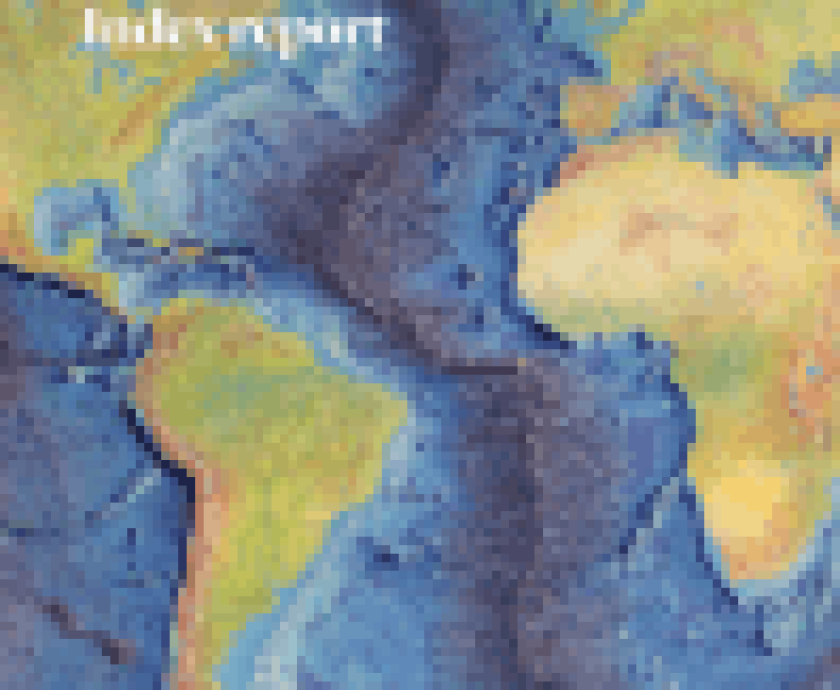Click to expand Image
A gold trading shop in Santa Milagrose, Jose Panganiban, Philippines
© 2014 Mark Z. Saludes for Human Rights Watch
On November 29, Swiss citizens will decide whether Swiss companies should be required to introduce human rights and environmental safeguards to their global business practices. Voting in favor of the proposal brought by the Responsible Business Initiative could help improve the lives of many workers and communities around the world.
Swiss businesses often source commodities from far-flung countries, heightening the risk they could be contributing to human rights abuses. Take, for example, gold and diamonds. In Venezuela, armed groups control illegal gold mines and commit horrific abuses against miners and the local population, including punitive amputations and torture. In Ghana, children perform hazardous work in small-scale gold mining areas. And in Zimbabwe, a state-owned diamond company has employed private security officers who have mistreated residents accused of mining diamonds, including setting dogs on them.
Under the United Nations Guiding Principles on Business and Human Rights, as well as other international norms, companies have a responsibility to ensure they do not cause or contribute to rights abuses in their supply chains. Companies should identify, prevent, and address human rights and environmental misconduct in their supply chains, and report publicly about their efforts.
Unfortunately, they rarely do. Human Rights Watch’s new assessment of 15 major jewelry and watch brands’ sourcing practices found that most – including Swiss jewelers Cartier, Chopard, and Harry Winston (Swatch) – lack full traceability for their diamonds, do not conduct on-the-ground human rights assessments, and do not share sufficient details on their responsible sourcing efforts.
Most existing standards for businesses are voluntary and have not sufficiently curtailed abuses in supply chains. Ultimately, only legislation can bring the level playing field that is needed. The proposed law on human rights due diligence in Switzerland could bring meaningful protection to the lives of workers and communities working at the bottom of Swiss supply chains. It would also contribute to a growing trend towards corporate accountability in Europe and beyond.



